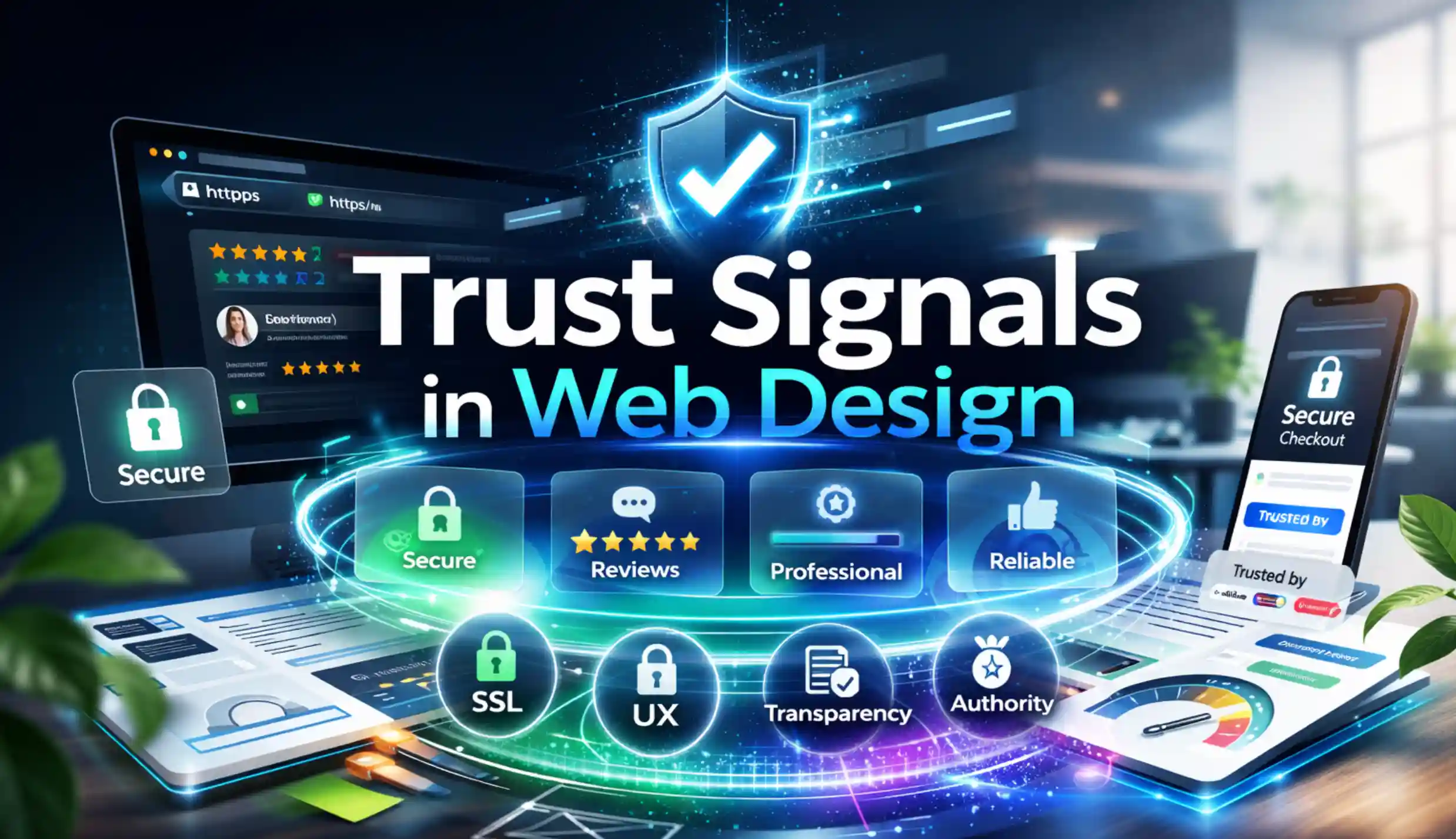How to Capture and Secure Key Business Conversations for Success
Updated on
Published on
In the modern business landscape, every conversation can be a goldmine of strategic insights, client expectations, and operational improvements. Yet, many organizations fail to harness the full potential of these interactions. Whether it’s a critical client negotiation, a high-stakes internal meeting, or an impromptu brainstorming session, capturing and securing key business conversations is essential for business efficiency and long-term success. But how do you ensure that every word counts—without compromising security or compliance?

The Importance of Capturing Business Conversations
Every business operates on a foundation of communication. A single conversation could define a client relationship, resolve a dispute, or provide the breakthrough idea that propels a company forward. Yet, human memory is unreliable. Studies suggest that people forget nearly 40% of new information within 24 hours and up to 90% after a week if it isn’t recorded or reinforced. That’s where recording technology comes in.
By capturing conversations systematically, businesses can:
- Enhance decision-making: Having accurate records ensures that teams operate based on facts, not recollections.
- Improve accountability: Employees and executives alike are held responsible for their commitments.
- Boost training and onboarding: New hires can learn from past meetings and client interactions.
- Ensure compliance and legal protection: Many industries, such as finance and healthcare, require detailed records for auditing purposes.
Choosing the Right Recording Technology
Not all recording solutions are created equal. Selecting the right technology for capturing business conversations requires balancing usability, compliance, and security. Here’s what to consider:
1. Cloud-Based vs. On-Premises Recording
Cloud solutions offer flexibility and scalability but can pose security risks if not properly managed. On-premises solutions, like the iPhone call recorder app, provide better control over sensitive data. A good call recorder allows you to save any number of high-resolution recordings. For example, if you download iCall, the recorded calls will be of such high quality that they can be used for analytics via AI. Using a phone recorder iPhone is an automatic reduction in complaints and disputes, as well as a guarantee of transparency.
2. AI-Powered Transcription Services
AI-driven tools like Otter.ai, Rev, and Fireflies.ai can convert conversations into text with up to 90% accuracy, allowing businesses to quickly review, search, and analyze discussions. However, when precision matters, relying on human transcription can help teams accurately review audio files and ensure nothing important is missed.
3. Integration with Business Systems
A recording tool that integrates with CRM platforms ensures that valuable client conversations automatically become part of the company’s knowledge base.
4. Multi-Device Support
In an era where employees work remotely and across multiple devices, a conversation capture system should function seamlessly on desktops, smartphones, and even smart assistants.
Securing Captured Conversations: A Non-Negotiable Priority
Capturing conversations is one thing; securing them is another. Data breaches cost companies an average of $4.45 million per incident in 2023, according to IBM. That’s why businesses must treat recorded conversations as high-value assets.
1. Implement End-to-End Encryption
Without encryption, recorded data is vulnerable to unauthorized access. Solutions like AES-256 encryption ensure that even if data is intercepted, it remains unreadable.
2. Restrict Access with Role-Based Permissions
Not every employee needs access to every recording. Businesses should adopt a role-based access model to limit exposure to sensitive information.
3. Automate Deletion Policies
Not all recordings need to be stored indefinitely. Setting automatic deletion timelines (e.g., 90 days for general meetings, 5 years for legal records) reduces data liability.
4. Regularly Audit and Monitor for Security Gaps
Hackers evolve. So should your security. Conducting periodic audits ensures that vulnerabilities are addressed before they become exploits.

Legal and Ethical Considerations
Recording business conversations comes with legal and ethical responsibilities. Laws vary by country and state, with some requiring two-party consent while others allow one-party consent. Businesses must:
- Research local laws before implementing recording practices.
- Obtain explicit consent from employees and clients when necessary.
- Ensure ethical usage—recordings should be used for business efficiency, not surveillance.
Maximizing the Value of Recorded Conversations
Once captured and secured, business conversations should not just sit in a database collecting digital dust. Companies can extract real value through:
AI-Driven Analytics
Modern AI tools can analyze tone, sentiment, and recurring themes in conversations, providing insights into client satisfaction trends or employee engagement levels.
Automated Summaries
Rather than sifting through hours of recordings, AI-generated meeting summaries highlight key points, decisions, and action items.
Cross-Team Knowledge Sharing
By categorizing and tagging recorded conversations, businesses can create a searchable knowledge base for employees across departments.
Final Thoughts
In the competitive world of business, success often hinges on the details—details that are easily lost without a structured approach to capturing and securing key conversations. By leveraging recording technology, enforcing robust security measures, and adhering to legal guidelines, companies can transform everyday discussions into strategic assets. Every word matters—don’t let them slip away.



webp.webp)
webp.webp)




